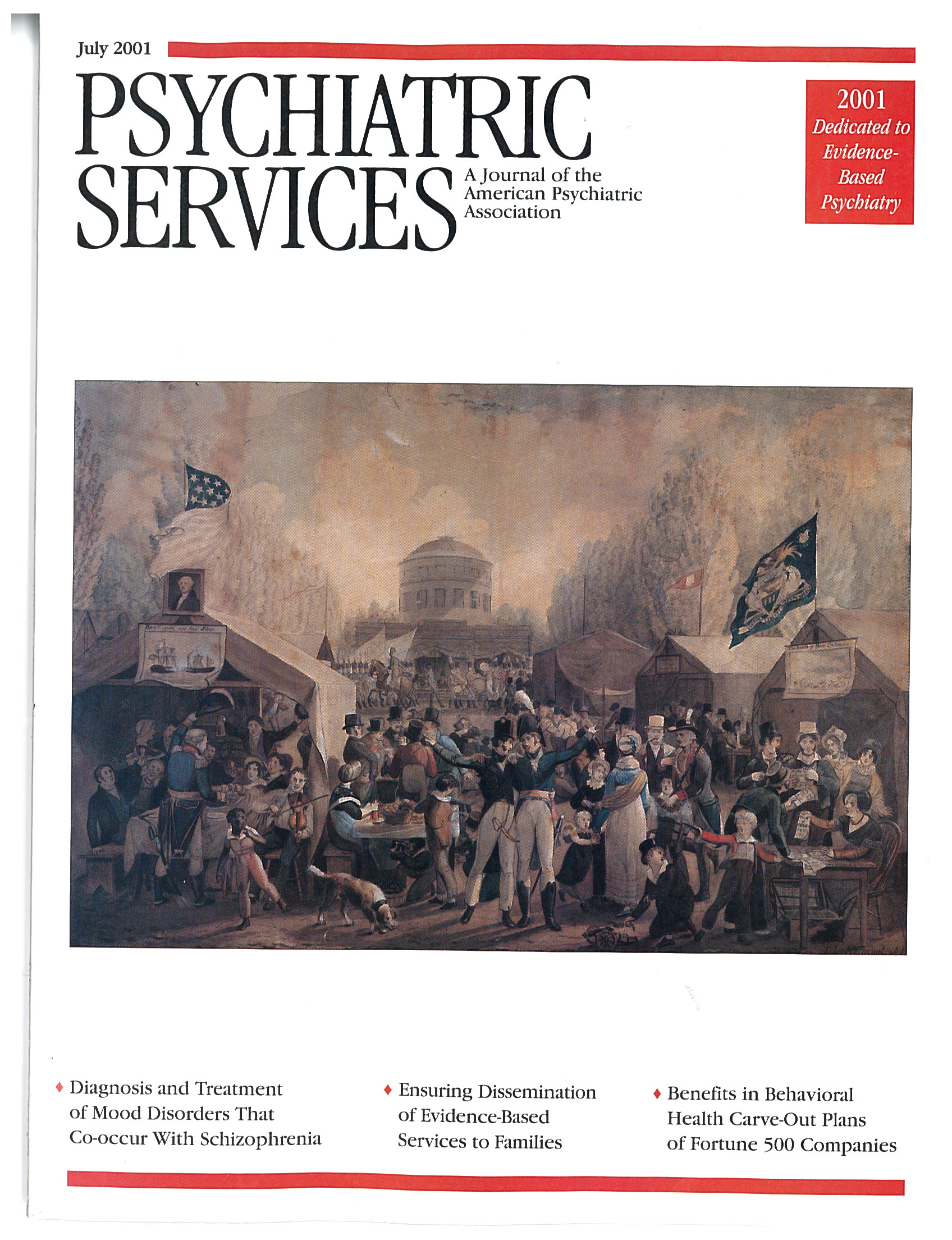As public-sector managed care initiatives have been adopted, a number of serious problems and concerns have arisen. In for-profit care systems, persons who are simultaneously involved in maximizing profits and providing patient care increasingly face conflicts of ethics and interest. Clinical decisions and mental health policy, often influenced by persons with limited clinical expertise, create barriers to access to services. Less skilled personnel are substituted for more qualified providers, and fewer staff are available to provide care. Education of patients is inadequate, and they are often confused about their illness and the range of available services.
Several creative responses to these problems have emerged, demonstrating the resilience and persistence of community providers and consumers and their dedication to high-quality care for the most disadvantaged populations.
Provider managed care. Create local and regional nonprofit, clinician-owned and -operated networks. Such organizations may provide more effective care by creating partnerships and by making a commitment to recovery.
Profit restriction. Set limits on administrative costs and profits and encourage reinvestment of capital into treatment systems, thus creating safeguards against unnecessary profiteering and diversion of funds from direct service.
Staffing standards. Insist on appropriate staffing and caseload standards for mental health professionals in care systems. Standards are being developed by the American Association of Community Psychiatrists for various patient case mixes.
Level-of-care assessment. Develop instruments that will clearly link degrees of severity and acuity of mental illness to explicit levels of care in order to rationally guide treatment and placement decisions.
Primary care and other service integration. Establish effective interface management—consultation and communication—between primary care and mental health professionals to encourage integration of treatment, including addiction services and comprehensive care for children.
Regulatory advances. Advocate for legislative initiatives, such as patient protection bills, disclosure of conflicts of interest, parity legislation, and limits on managed care gag rules, to regulate the potential abuses of managed care organizations.
Provider information requirements. Cultivate a range of multimedia and culturally sensitive methods that clearly inform people about rights, benefits, and access.
It is time for us to implement creative, locally controlled care delivery systems that meet the needs of patients and providers. Although managed care may not be here to stay, these measures will help ensure ongoing quality of care regardless of future treatment and payment paradigms.

